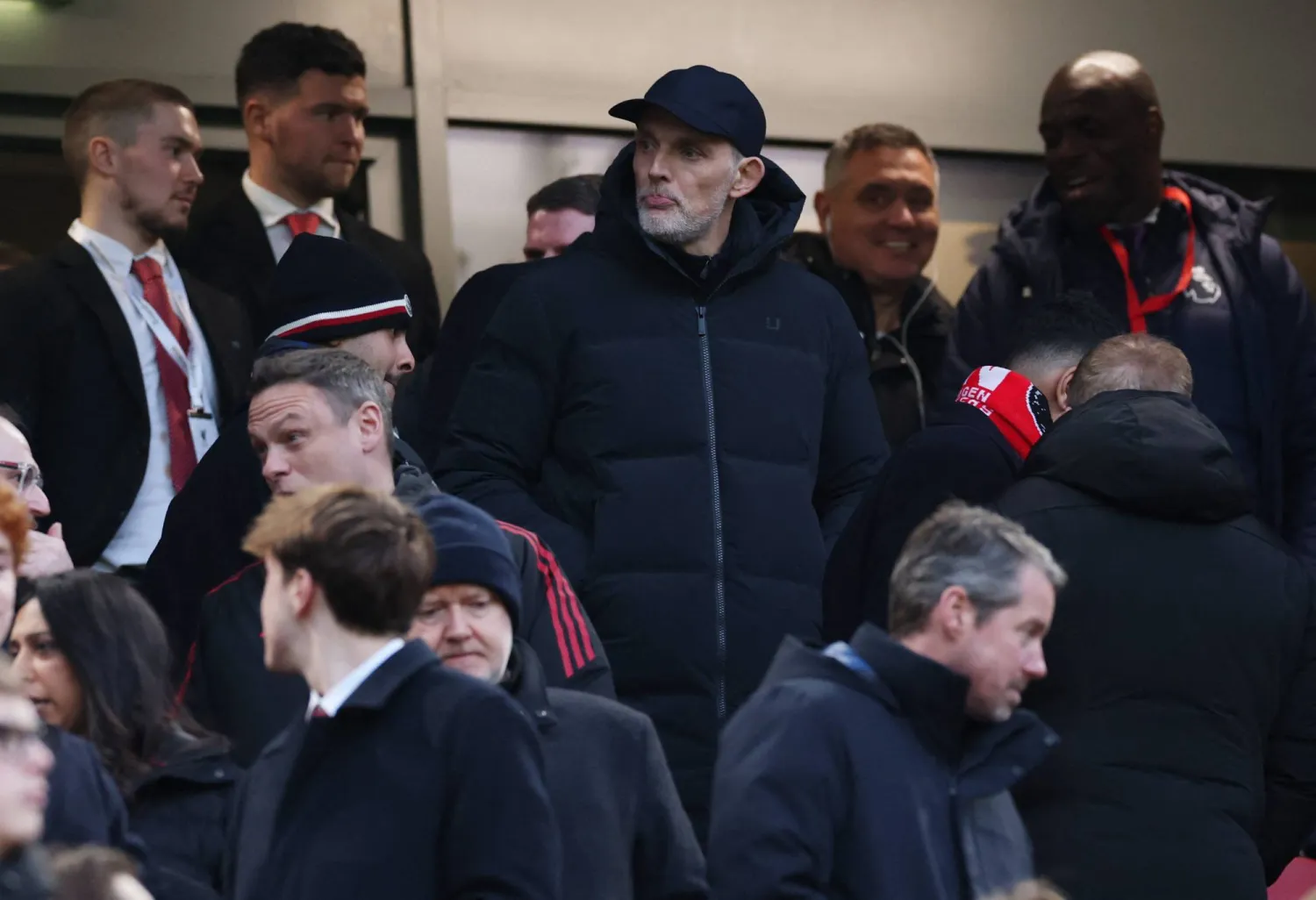Sunday’s round of Premier League matches are not only the last of the season but the final ones before video assistant referees – VARs – are introduced to the top flight. It is a moment many are wary of but no one can stop. The revolution is coming and it will be televised.
The encouraging news is that work has been under way at Stockley Park, VAR’s west-London headquarters, for close to two years to ensure the system operates successfully during the 380 Premier League games to be played next season. That process has involved live and non-live testing as well as consultations with all parties, including managers and players.
Last week it was the turn of journalists to hear a progress report from Mike Riley, the head of the Professional Game Match Officials Limited, as well as experience first-hand what it is like to be a VAR.
Riley is confident the system’s introduction to the Premier League will not significantly disrupt the “pace and tempo” of matches. He is also certain it will vastly improve the accuracy of “factual” calls, specifically regarding offsides.
As part of the non-live testing process, PGMOL officials have monitored all onside and offside calls that have taken place during the current Premier League season and noted that by match-round 33 there had been 35 such calls that, had VAR been in place, would have been overturned, leading to the “key-match incidents accuracy” of top-flight referees rising from 84% to 87% and that of assistant referees from 79% to 95%.
“Of those 35, 26 have been in matches when the score has been level or there has been a one-goal difference,” Riley said. “That’s why we’re positive about VAR: it will lead to more correct and important judgments.”
The system will not change the subjective nature of many decisions. As well as checking for mistaken identity, VARs also check goals, penalty calls and straight red cards and in each area there can be differing opinions. Hence the requirement of VARs to intervene only if they feel the on-pitch referee has made a “clear and obvious” error. Yet what the VAR may deem to be “clear and obvious”, others may not . As Riley put it: “Subjective decisions ultimately come down to the VAR on the day.”
In regards to live testing, 68 games in the domestic cups have seen the use of VAR. It is the data gathered from this process that, Riley said, shows the introduction of VARs will not have a hugely adverse effect on the flow of top-flight games. On average there were eight checks per game, with the average time of a check being 29 seconds; Riley noted: “The average time taken to celebrate a goal in the Premier League is 62 seconds.”
In a further attempt to maintain the flow of matches, the PGMOL wants VARs to make calls on decisions they feel need to be overturned or reviewed, as opposed to asking the on-pitch official to check the incidents on the screen in the referee referral areas that will be on the touchline at every fixture. Final decisions will rest with the on-pitch referee, however: if he or she does not want to overturn a call, they will not have to.
There are seven VAR booths at Stockley Park, in one room. At each booth the VAR sits in front of a screen showing the game, with another screen lower down on a three-second delay. To the VAR’s right is a replay operator, whose job it is to provide all the available shots of an incident, while to their left sits the assistant VAR, with a brief to see how the on-pitch referee has dealt with the incident. The VAR also has a green button to “bookmark” an incident to look at later. A red button allows them to contact the on-pitch referee. It is a fast-paced and occasionally bewildering experience. Patience will be key as those involved get to grips with their respective roles, something Riley is sure will occur. “Over time we’ll get better and faster at it.”
Riley’s predecessor, Keith Hackett, is a vocal critic of the way VAR will be implemented in the top flight, with one of his complaints being the lack of clarity regarding how spectators inside the ground will know an incident or decision is being checked or reviewed. In response the PGMOL has made it clear that before the start of next season all Premier League clubs will be required to put something in place at their grounds that will allow everyone inside to know VAR is in play, perhaps via the large screens or a PA announcement. It is also possible a clip of the incident in question could be shown but only after the check or review. All those matters will be discussed at the Premier League clubs’ summer meeting.
There is also a call from the PGMOL for those concerned to spend the summer swotting up on VAR guidelines and regulations, especially the players who need to remember two things in particular – all goals are checked by VAR and they can get booked if they make the VAR-screen gesture towards a referee or ask him to consult with the VAR in an “aggressive manner”.
Again, however, this creates a subjective grey area – what exactly is an aggressive manner? Does being sarcastic count as being aggressive? No one knows for sure but what is for certain is that from next season the Premier League will change for ever.
The Guardian Sport









